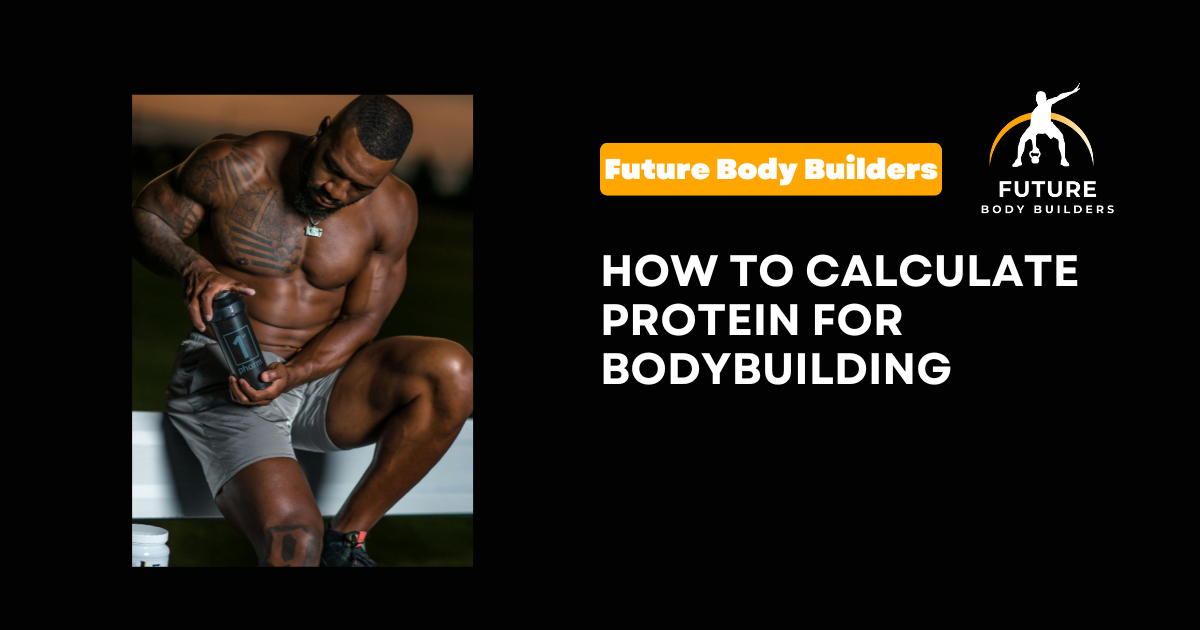How to Calculate Protein for Bodybuilding


Protein is the foundation of any successful bodybuilding plan. This is essential for building muscle, repairing tissues, and supporting overall strength. However, calculating how much protein you need can be tricky, especially when your goal is to maximize muscle growth. In this post, we will explain how to calculate protein for bodybuilding and practically.
Are you interested in getting more personalized nutritional tips? You can book a free customized fitness consultation with us.
Protein plays a vital role in muscle repair and growth after intense workouts. When you lift weights or perform resistance exercises, you create tiny tears in your muscle fibers. Protein helps repair these tears. This results in stronger and larger muscles over time.
Without enough protein in your diet, your body might struggle to recover. This could slow down your progress. For bodybuilders, understanding and meeting your protein needs is key to achieving your fitness goals. Check out our other resources here.
Your protein needs depend on several factors, including:
A general rule of thumb for protein intake in bodybuilding is to consume 1.6 to 2.2 grams of protein per kilogram of body weight. This range ensures your body gets enough protein to support muscle repair and growth.
Start by weighing yourself in kilograms (1 kg = 2.2 lbs). For example, if you weigh 80 kg, this will be your baseline for calculations.
Multiply your body weight by the chosen protein multiplier. For example:
80 × 2.0 = 160 grams of protein per day.
Once you know how much protein you need, focus on including high-quality protein sources in your diet. Here are some options:
Divide your protein intake into smaller meals and snacks. For example, if you need 160 g/day, aim for 30–40 grams per meal.
Mix plant and animal protein sources to ensure a complete amino acid profile.
Supplements can help you meet your protein goals, especially after workouts or during busy days.
Use apps like MyFitnessPal to track your daily protein consumption and ensure you hit your targets.
While protein is essential, consuming too much won’t lead to extra muscle gain. Excess protein may be stored as fat. Stick to your calculated range.
Post-workout protein intake is crucial. Aim to consume protein within 30–60 minutes after your workout for optimal recovery.
Don’t focus solely on protein. Carbohydrates and healthy fats are equally important for energy and overall performance.
Calculating your protein needs is a critical step in achieving your bodybuilding goals. You can optimize muscle growth, recovery, and performance by using the formula provided and tailoring your protein intake to your specific needs. Remember to focus on quality protein sources and spread your daily intake for the best results.
Explore more fitness and bodybuilding tips with Future Body Builders.